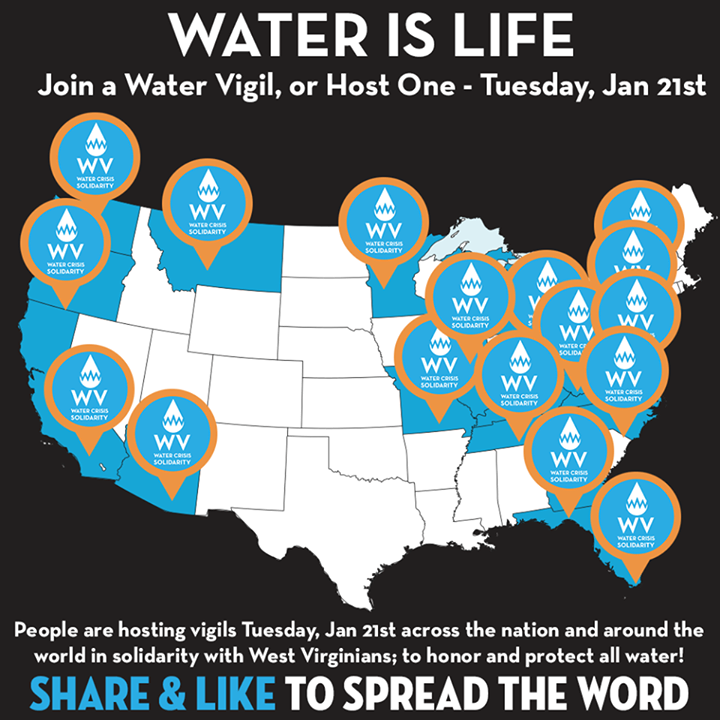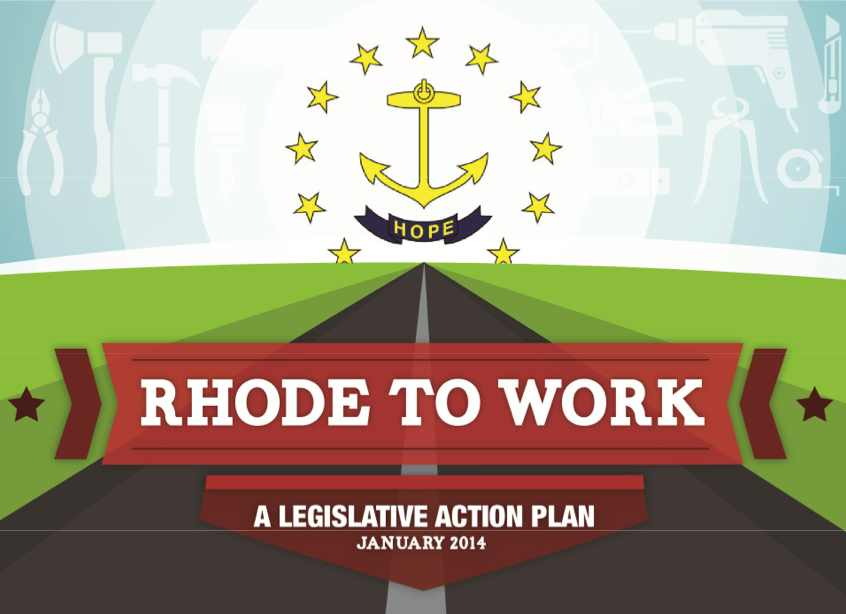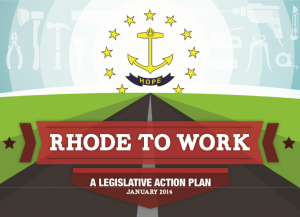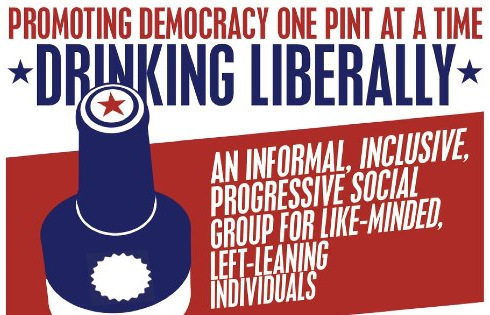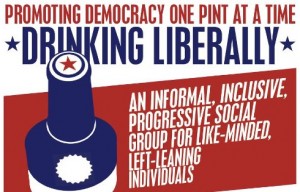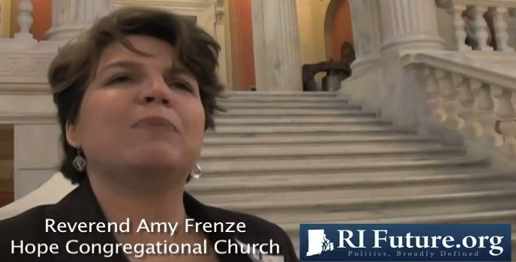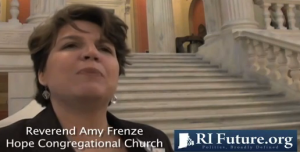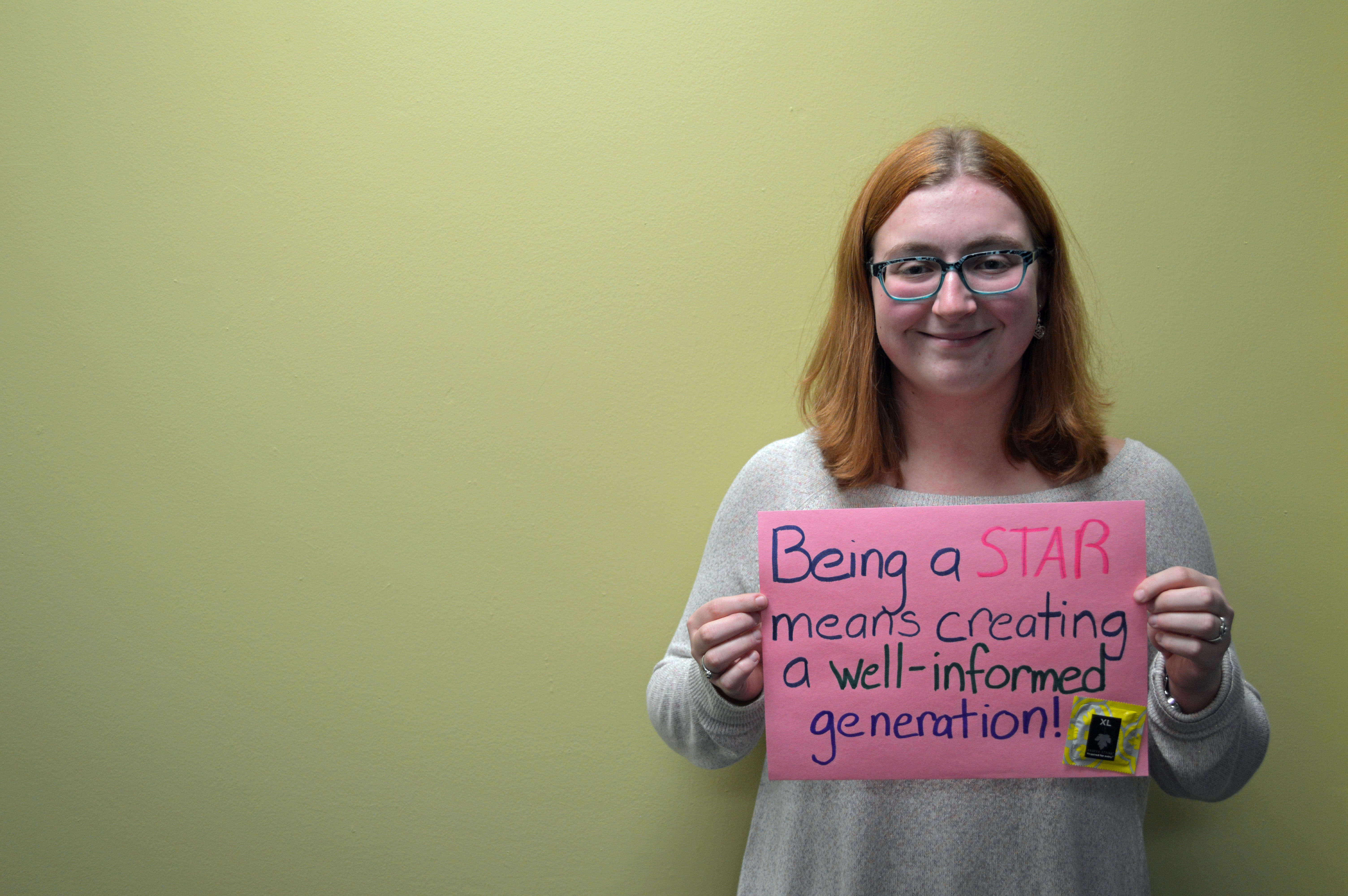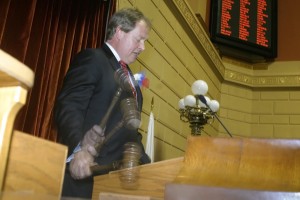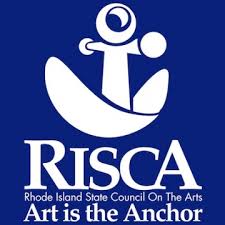By Martha S.
Martha is a member of the Planned Parenthood of Southern New England STARS in Hartford, Connecticut. She is a senior in high school and has plans to study business and political science in college in order to prepare for a full-time job of making the world a better place.
The 41st anniversary of the Roe v. Wade Supreme Court decision reminds us it is important to remember the work that led to that landmark case, and the people who have worked tirelessly since then to keep abortion safe, legal and accessible. It’s also important to recognize we have a long way to go before the promise of Roe is fully realized. More than half the states have imposed new restrictions on abortion in the last three years, most aimed not at outlawing the procedure, but at making it almost impossible to get. In North Dakota, all abortions after six weeks are banned1. In Oklahoma, 96 percent of all counties do not have an abortion provider2. Many women* are not able to get abortions because of the restrictions and lack of abortion providers.
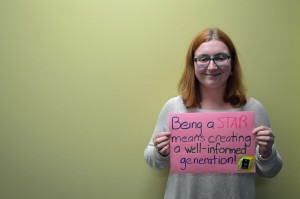 Abortions are only a small part of the reproductive and sexual freedom that has been challenged in the United States. Every day, women face legal and societal pressures to conform on reproductive and sexual issues. Women are forced to fit into a skewed version of society’s standard of sexuality, even when these standards are often contradictory. A woman who chooses not to have sex is considered a “prude,” and a woman who has too much sex (it’s not clear by whose measure) is considered a “slut.” Everywhere they turn, women are asked to conform to society’s pressures and there are social consequences for those who do not.
Abortions are only a small part of the reproductive and sexual freedom that has been challenged in the United States. Every day, women face legal and societal pressures to conform on reproductive and sexual issues. Women are forced to fit into a skewed version of society’s standard of sexuality, even when these standards are often contradictory. A woman who chooses not to have sex is considered a “prude,” and a woman who has too much sex (it’s not clear by whose measure) is considered a “slut.” Everywhere they turn, women are asked to conform to society’s pressures and there are social consequences for those who do not.
The anniversary of the Roe v. Wade case brings up questions not only about abortion rights, but human rights and social pressures. In what other ways are women not allowed their reproductive and sexual freedoms? While sometimes it is obvious, like not having the means to get an abortion, other times it is not so obvious. The oppression of reproductive and sexual freedoms can come from the inability to pay for birth control, or from the increasingly-popular belief that people who have been “friend-zoned” deserve sex because they have worked hard enough for it. Just as there are contradictory views on how women should behave, there are contradictory views on what it means to have reproductive and sexual freedoms. When I ask my friends for short quotes about what reproductive and sexual freedom meant to them, they have very different answers.
Reproductive and sexual freedom is important to me because it represents a concept that doesn’t deserve to become entangled in complicated legislation and political jargon. Ignoring societal boundaries and divisions, it unites human beings through one of life’s most simple and essential liberties: the right to control your own life, the only one you’ll ever know.
-Lucas M.
Sexual and reproductive rights are important to me because women have been silenced and controlled for too long. No man should make any decision for a woman about her body.
-Jasmine J.
Sex is one of the fundamental universals of the human condition. By promoting a culture in which individuals are afforded the right and responsibility to make informed personal decisions about sex, we promote our own humanity, and replace arbitrary taboos, shamed silence, and repression, with openness, communication, and liberation.
-Liam M.
Despite giving radically different answers, my friends’ ideas shared a common theme: choice. Of course, everyone mentions choice, because that’s the definition of freedom. However, our society and legislature creates bundles of pressures and dead-end, wrong-turn, no-way-through decisions and presents them to us as “choice.” Women can choose to have lots of sex, or they can choose to save themselves for marriage. They can choose to drive hundreds of miles and sleep in their cars to have an abortion, or they can choose to carry a child that they’re not ready to raise. They can choose to climb the corporate ladder, or choose to stay at home with their children, knowing that they will be criticized for either choice.
Unfortunately, the reality of our current situation is that “choices” are often contradictory or confusing. Even when they are clear, they might be blocked by societal pressures. So, to me, we have not achieved true reproductive and sexual freedom until everyone has the ability to make decisions about one’s body without pressures or fear of disapproval. I don’t claim to know exactly what this means, or how we will attempt to achieve this. Everyone’s ideas of reproductive and sexual freedom are different, and possibly contradictory. The idea is complicated, convoluted, and full of bad decisions and back-tracking. However, in order to get anywhere, we need to start somewhere, and the ability to control whether or not to have a child seems like a good place to start.
It’s hard for young people to get clear and accurate information on sex, sexuality, reproductive health and STIs. Planned Parenthood of Southern New England’s peer education program, Students Teaching About Responsible Sexuality, addresses this critical issue by recruiting and training young people to provide information and resources to their peers.
Martha is a member of the Planned Parenthood of Southern New England STARS group in Hartford, Connecticut. She is a senior in high school and plans to study business and political science in college in order to prepare for a full-time job of making the world a better place.
________________________________________________________________________
*When I use the word “woman,” I also intend to include males who could need an abortion or feel the same pressures that biological women feel.
1. http://www.washingtonpost.com/wp-srv/special/politics/us-abortion-map/
2. http://www.cbsnews.com/pictures/abortion-19-states-with-toughest-laws/3/
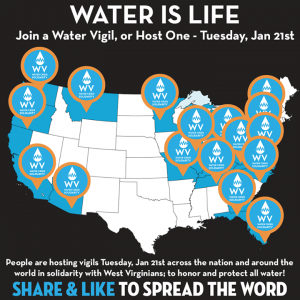 Even though the ban has been officially lifted, people are still showing up at hospitals with chemical burns. Their Governor Tomplin has not inspired confidence with answers like “you can drink the water if you want to” and “I am not a scientist.” Appalachian Water Watch is tracking where people are still smelling MCHM. “If you can still smell the chemical in your home, record your findings at http://appalachianwaterwatch.org/ or call at 1-855-7WATERS to have them help you upload your information to the website.” so if you have friends or family there let them know. W VA hub sarcastically adds “With the addition of PPH to MCHM and the five other acronyms in the spill, West Virginia water is now cleared for use in alphabet soup.”
Even though the ban has been officially lifted, people are still showing up at hospitals with chemical burns. Their Governor Tomplin has not inspired confidence with answers like “you can drink the water if you want to” and “I am not a scientist.” Appalachian Water Watch is tracking where people are still smelling MCHM. “If you can still smell the chemical in your home, record your findings at http://appalachianwaterwatch.org/ or call at 1-855-7WATERS to have them help you upload your information to the website.” so if you have friends or family there let them know. W VA hub sarcastically adds “With the addition of PPH to MCHM and the five other acronyms in the spill, West Virginia water is now cleared for use in alphabet soup.”
